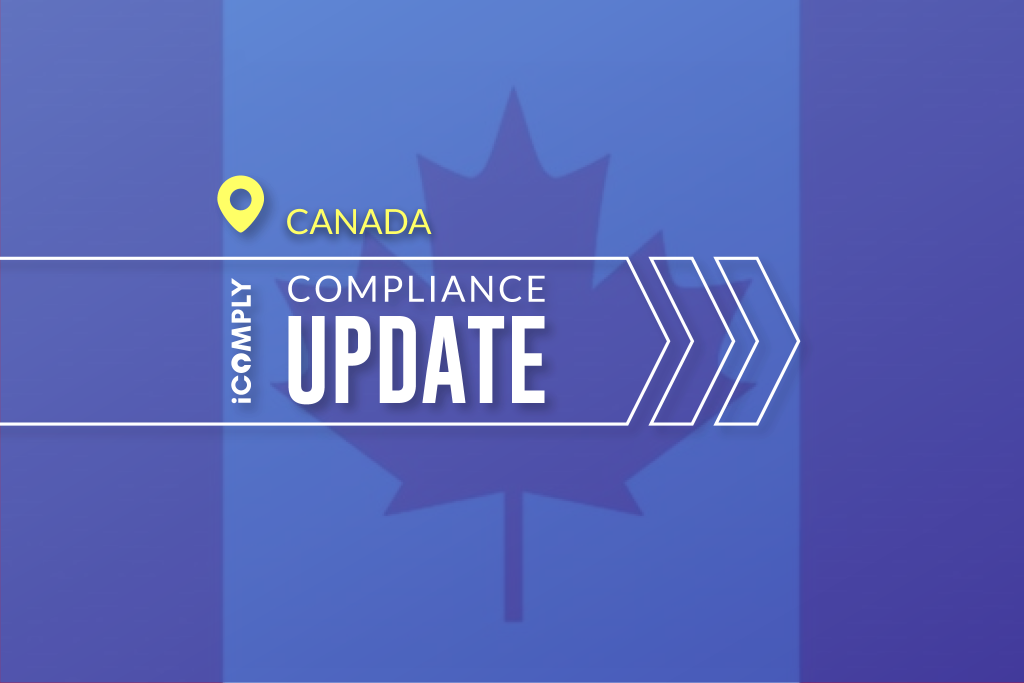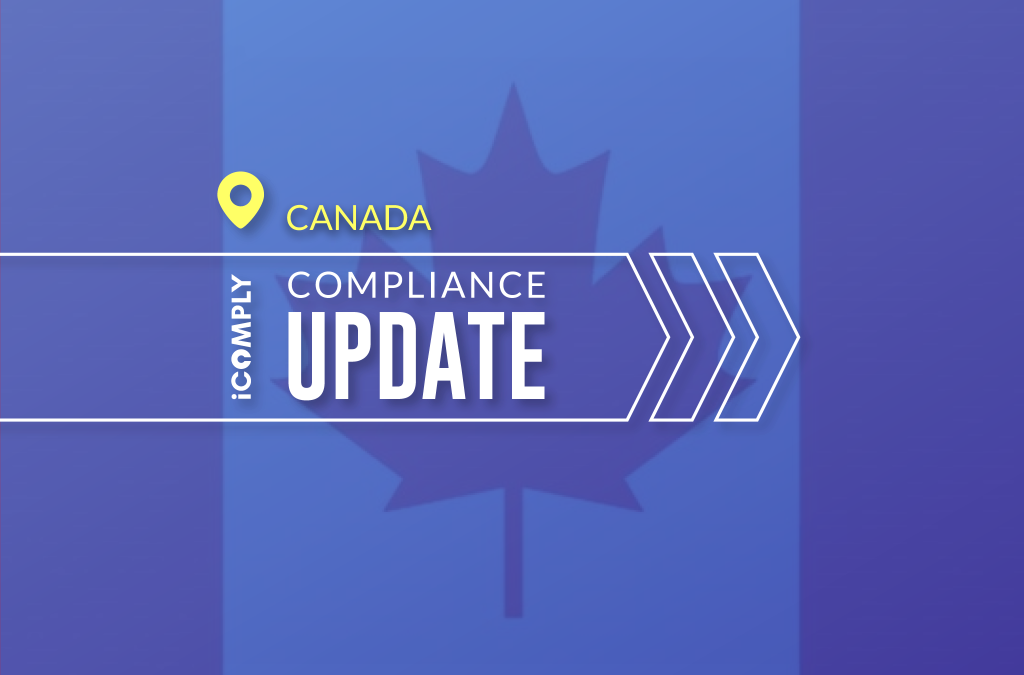Canada: Real-Estate Firms Violate Anti-Money Laundering Rules

What Happened?
March 6, 2020: Canada’s financial watchdog FinTRAC audited 500 real estate companies, and found 172 were guilty of violating anti-money laundering rules by neither checking the identities of their clients nor reporting large cash deals to the government.
At half of the companies audited, the sales agents had no formal training on how to properly detect money laundering or verify the identity of their clients.
In response, FinTRAC is implementing an ownership registry beginning May 2020, and making it mandatory for real estate agents to take an anti-money laundering course–a first for Canada.
Source: https://www.occrp.org/en/daily/11760-canada-real-estate-firms-violate-anti-money-laundering-rules
Who Is Impacted?
Real-Estate Developers, Brokers, and Sales Representatives.
Why This Matters?
In 2019, an expert panel estimated that $5.3 billion dollars (US$ 4 billion) were laundered through real-estate transactions in Canada in 2018.
With their 2019 budget increase from the Canadian government, FinTRAC has launched an aggressive front to combat this activity in our economy.
“This offensive is sending a strong message to the sector and to people who might seek to exploit it that we all are determined to protect the Canadian people and the economy.” – FinTRAC spokesperson, Erica Constant
What’s Next?
The provinces hope these actions from the Regulator will prevent the use of trusts, corporations, or partnerships to hide transactions from public view.
learn more
Is your AML compliance too expensive, time-consuming, or ineffective?
iComply enables financial services providers to reduce costs, risk, and complexity and improve staff capacity, effectiveness, and customer experience.
Request a demo today.
Understanding Enhanced Due Diligence (EDD): A Deep Dive
What is Enhanced Due Diligence (EDD)? Enhanced Due Diligence (EDD) is a crucial component of compliance programs within financial institutions, fintech companies, and other regulated entities. Unlike standard due diligence, EDD involves a more thorough investigation...
How to Integrate New Compliance Technologies: A Guide to KYC Integration
Integrating new compliance technologies into your existing systems can seem daunting, but with a structured approach, it becomes manageable and highly beneficial. This guide outlines the steps for integrating compliance technologies, focusing on leveraging the...
The Role of Edge-Computing in Compliance
Edge computing is transforming various industries by bringing data processing closer to the source of data generation. In the realm of compliance, particularly in financial services, edge computing offers significant advantages by enhancing speed, security, and...




